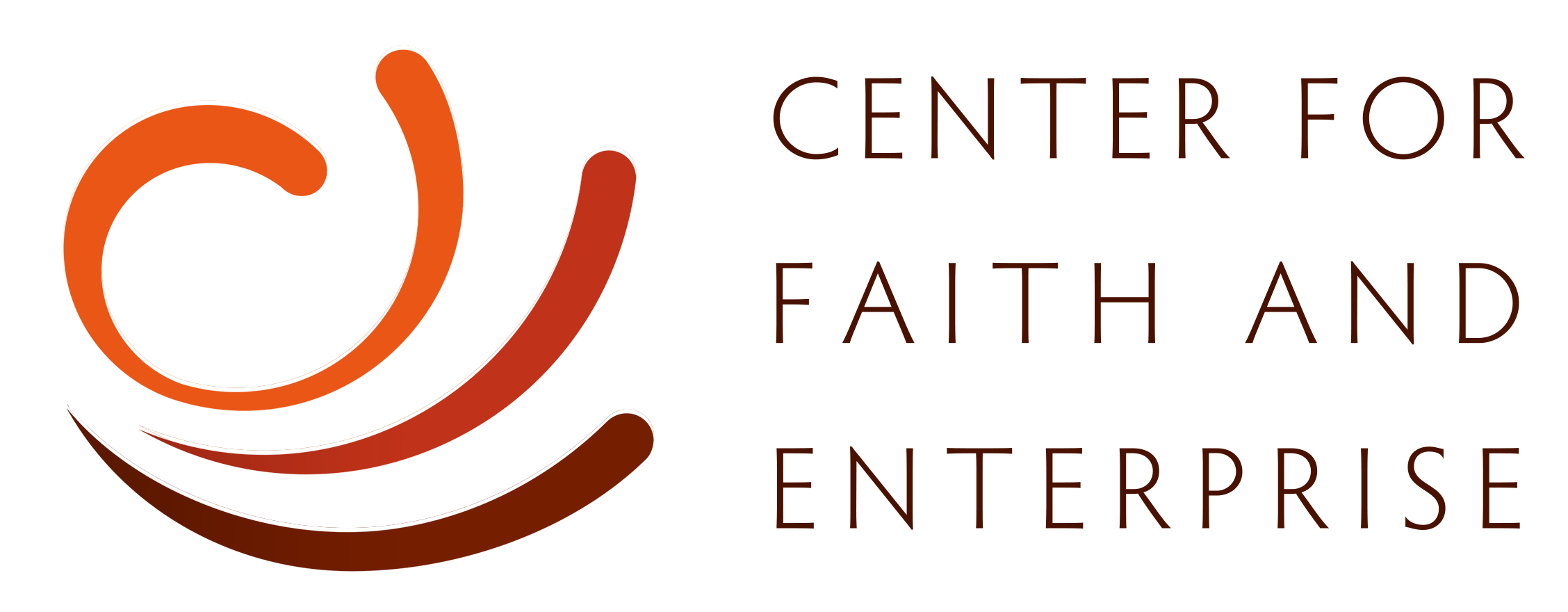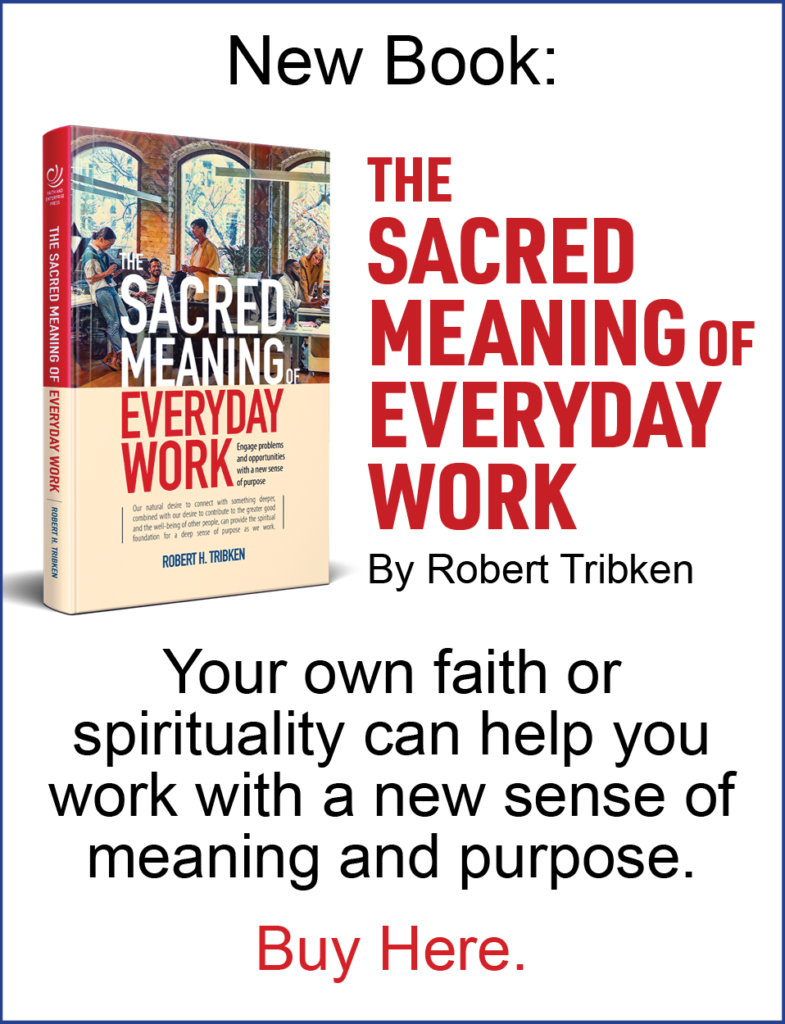Transcript of Podcast October 24, 2017
Weathering Financial Crisis
You’d probably agree that as we go through our lives, we encounter financial ups and downs, and sometimes very serious ups and downs. This can be true for individuals and for societies. In today’s interconnected world the global economy as a whole can move through a series of simultaneous economic expansions as well as contractions, and these contractions can be damaging to human well being. The Biblical story about Joseph and pharaoh’s dream might provide us with some important insights on how we might weather these storms.
The story comes from the book of Genesis, Chapter 41. It’s quite lengthy, so for this post we’ll summarize it. The story takes place in Egypt. Our hero Joseph has been imprisoned for several years for a crime he was falsely accused of. Meanwhile, one night pharaoh dreamed he was standing by the Nile River, and out of the Nile came seven healthy fat cows that began to graze in the grass next to the river. Then, seven other cows, thin and unhealthy, came up out of the river and ate the fat cows. Pharaoh awoke troubled. When he fell back to sleep, he then dreamed of seven ears of grain, plump and full that were growing on one stock. Then seven ears of thin blighted grain sprouted up after them and swallowed up the seven plump and full ears. Pharaoh awoke and was deeply troubled.
In the morning Pharaoh called all of his magicians and wise men together and told them the dreams, but no one could interpret them. Then someone remembered that Joseph was being held in the dungeon, and Joseph was reputed to be able to analyze dreams. Pharaoh had Joseph brought to him and recounted the dreams. After hearing the two dreams, Joseph said this to Pharaoh,
“Pharaoh’s dreams are one and the same; God has revealed to Pharaoh what he is about to do. The seven good cows are seven years, and the seven good ears are seven years; the dreams are one. The seven lean and ugly cows that came up after them are seven years, as are the seven empty ears blighted by the east wind. They are seven years of famine. It is as I told Pharaoh; God has shown to Pharaoh what he is about to do. There will come seven years of great plenty throughout all the land of Egypt. After them there will arise seven years of famine, and all the plenty will be forgotten in the land of Egypt; the famine will consume the land. The plenty will no longer be known in the land because of the famine that will follow, for it will be very grievous.” (Genesis 41:25-31)
Joseph went on to suggest that Pharaoh appoint someone to gather up and store food during the good years so the people would be able to survive during the bad years. After looking around and examining his options, Pharaoh appointed Joseph to be the one to organize the preparations for the famine. And so Joseph went to work. He set up a large-scale program that collected 20% of the food during the seven good years and put it in storehouses. When the famine came, the people had enough to eat. In fact, they had so much grain they were able to sell to other countries that were also experiencing famine. It was through this process that Joseph became one of the most powerful people in Egypt.
As we said in the beginning, life has its ups and downs. Being ready for them is essential. In Egypt’s case, the economic ups and downs were driven by the weather. In our own time, they can be driven by the business cycle. Businesses and the economy as a whole seem to have a natural rhythm of ups and downs. But our economic actions can make this rhythm worse, maybe even much worse.
Carmen M. Reinhart and Kenneth S. Rogoff have authored an excellent book on financial crises called “This Time is Different: Eight Centuries of Financial Folly.” Reinhart and Rogoff make a compelling case backed by a tremendous amount of research, that governments and other institutions have often become overconfident during the good times. They take on too much debt thinking the good times will last indefinitely, and debt will be easily repaid, which is not the case. Alas, when the economy starts to turn down successive debt creates a deeper crisis: Loans cannot be repaid, jobs are lost, business activity declines, and the financial resources of families can be wiped out. Reinhart and Rogoff argued that this is, in fact, a frequently recurring pattern. We might be seeing this pattern developing now in the form of the astounding level of debt taken on by countries and institutions across the globe, including in the U.S.
The human tendency is to do precisely the opposite of what Joseph did. Joseph aggressively stored grain during the good times. To behave as though the good times will last forever — in many cases taking on too much debt — can result in great hardship. It isn’t that debt is necessarily bad, but rather that we tend to overdo it.
We also need to recognize that neither the good times nor the bad times last forever. Our cycle might not actually be “seven years up” and “seven years down,” but the wheel does turn. In good times, we need to behave prudently so we will be ready. In bad times, we need to have the courage and persistence to get through the bad times and to anticipate the better times.
Our faith can certainly support us in this by helping us develop a longer-term perspective, develop the character and the courage it takes to stay grounded during both parts of the cycle, and to behave wisely. Our churches can play a key role.
A church shouldn’t give us financial advice any more than it should take political positions, but it can help us develop character and courage. It can help us turn towards God and experience a sense of peace in the midst of chaos, and this can help us develop a deep inner strength. It would be wise for churches and religious leaders to begin thinking about how they can help their congregants prepare for and weather difficult times. And now would be a good time to start.
Where might you be in the cycle of ups and downs? How might you prepare yourself, your family, and your organization for the economic challenges that are likely to come your way? How might your faith and spirituality help? Take some time to think about your own current circumstances and any practices such as daily prayer and scripture reading that might help you stay grounded and alert.

